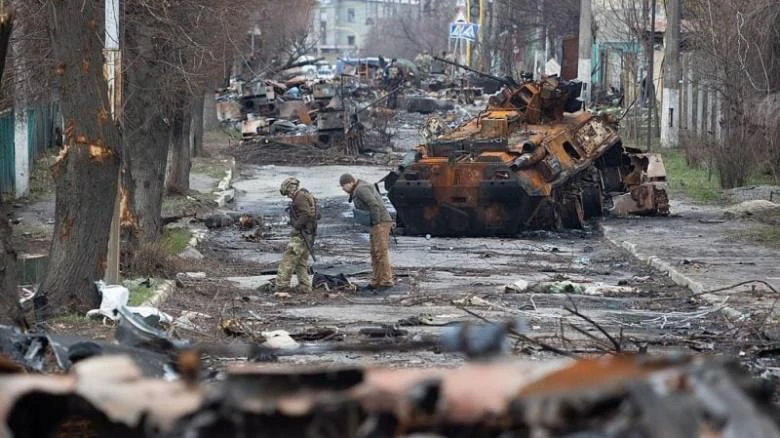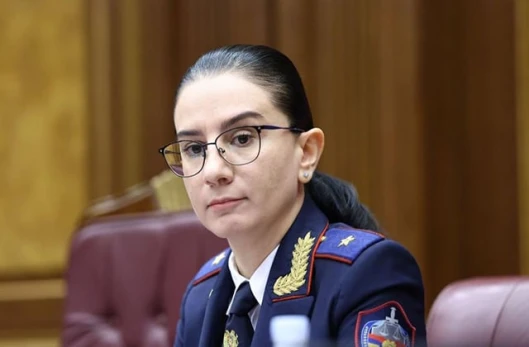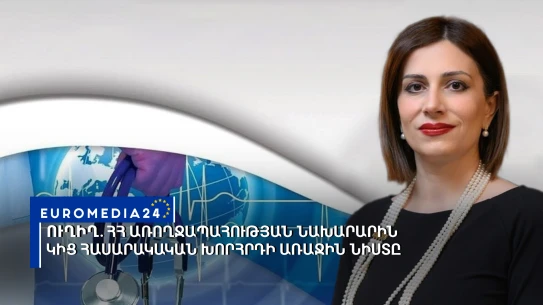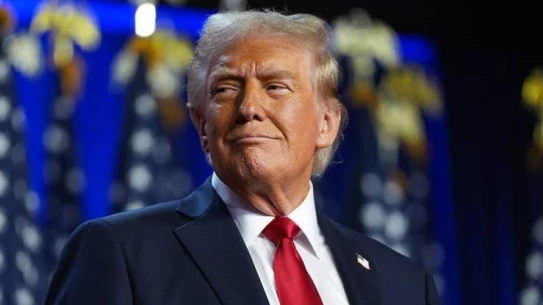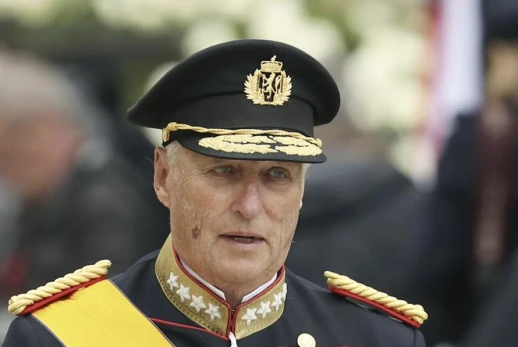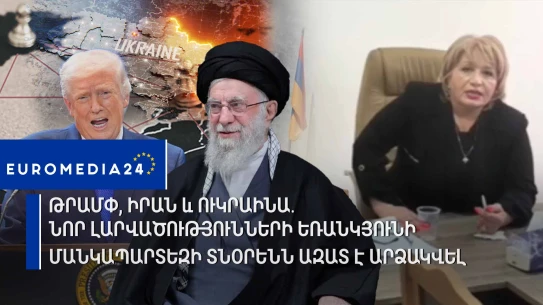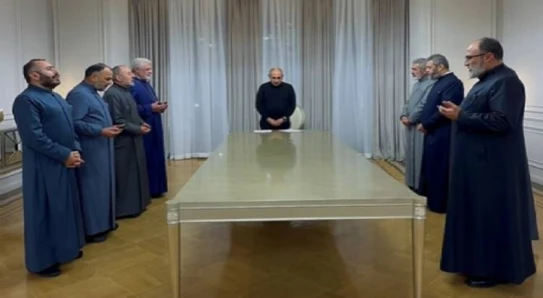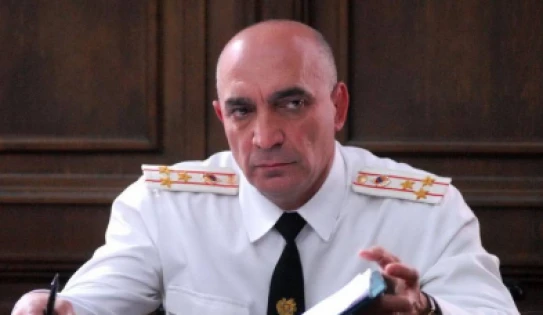"Fact" daily writes:
In the current conditions, the world is changing very quickly, and events can develop at such a dizzying speed that in many cases it is difficult to even make an approximate prediction.
Nevertheless, even in the case of such rapid developments, some basic processes are outlined. From this point of view, it is very important for us to analyze and understand what awaits us next year.
In 2025, first of all, serious geopolitical changes will take place, which will be connected, first of all, with the position of the new US administration on a number of conflicts.
It is no secret that Trump has promised to stop the wars that have the possibility of turning into a global conflict. But if there is a certain relaxation of the tension surrounding the ongoing military operations in the Gaza Strip, then the same cannot be said about the war in Ukraine.
It can set the whole Europe on fire and even cause a nuclear war. Therefore, Trump's team is already working towards finding solutions to the situation around Ukraine and establishing a ceasefire.
At the same time, the new administration has an approach to focus primarily on the domestic problems of the United States, which implies that the degree of involvement of the West in various regions will weaken, which implies that regional actors, particularly Turkey, Russia and Iran, may strengthen in the South Caucasus. influence.
At the same time, the deepening of tension between regional actors is not excluded, considering that the interests of Russia and Iran, on the one hand, and Turkey, on the other hand, are in conflict, both in the South Caucasus and in Syria.
Turkey managed to push Russia and Iran out of Syria, so it is possible that the same thing can happen in the South Caucasus, especially since the Turkish side has significantly strengthened its position after the Artsakh war.
And from the point of view of the interests of Tehran and Moscow, the South Caucasus is more vital than Syria.
Economic wars and the push for protectionist policies will also be characteristic for the next year. Trump promises to raise tariffs for China and Europe, and Brussels and Beijing, in turn, promise to take retaliatory measures.
As a matter of fact, the sanctions policy against Russia and Iran will continue.
According to some experts, all this can lead to disruption of supply chains, price increases and disruption of global economic growth. Therefore, under these conditions, Armenia should adapt to the new situation and conduct such a policy that our market becomes attractive. But if the topic of opening the Armenian-Turkish border became relevant, then one should be ready for the influx of cheap Turkish goods, which may put the businessmen of Armenia in a difficult situation.
On the other hand, the militarization of economies at the international level will continue. Many countries have already started forming large military budgets for next year, which in turn will increase the arms race.
And the accumulation of weapons also creates conditions for the outbreak of conflicts. There is also the possibility of a military conflict in the South Caucasus.
In particular, Azerbaijan shows that it is not interested in concluding a peace treaty and continues to arm itself at a rapid pace, and Turkey greatly helps it in this matter and trains Azerbaijani servicemen.
It is not excluded that next year Baku will try to provoke a new escalation in order to push Armenia to make concessions.
Therefore, it is necessary to be prepared in every possible way for such a scenario of developments, especially since the aggressive rhetoric of the Azerbaijani side is intensifying.
As for the internal political developments of the coming year, it can stand out with intense developments, taking into account the fact that the political forces will try to position themselves before the 2026 parliamentary elections.
But one fact is clear that the rating of the ruling party and its leader is continuously declining. People are waiting to see how the authorities will make further concessions to the enemy, how they will introduce hostile theses into our public discourse.
And in the case of directing public grievances, the prospect of extraordinary elections or a change of government is also possible. On the other hand, the "explosion" of the ruling team from within is also not excluded, since there is no unifying ideological factor, hostility and deep distrust towards each other reigns within the team.
ARSEN SAHAKYAN
















